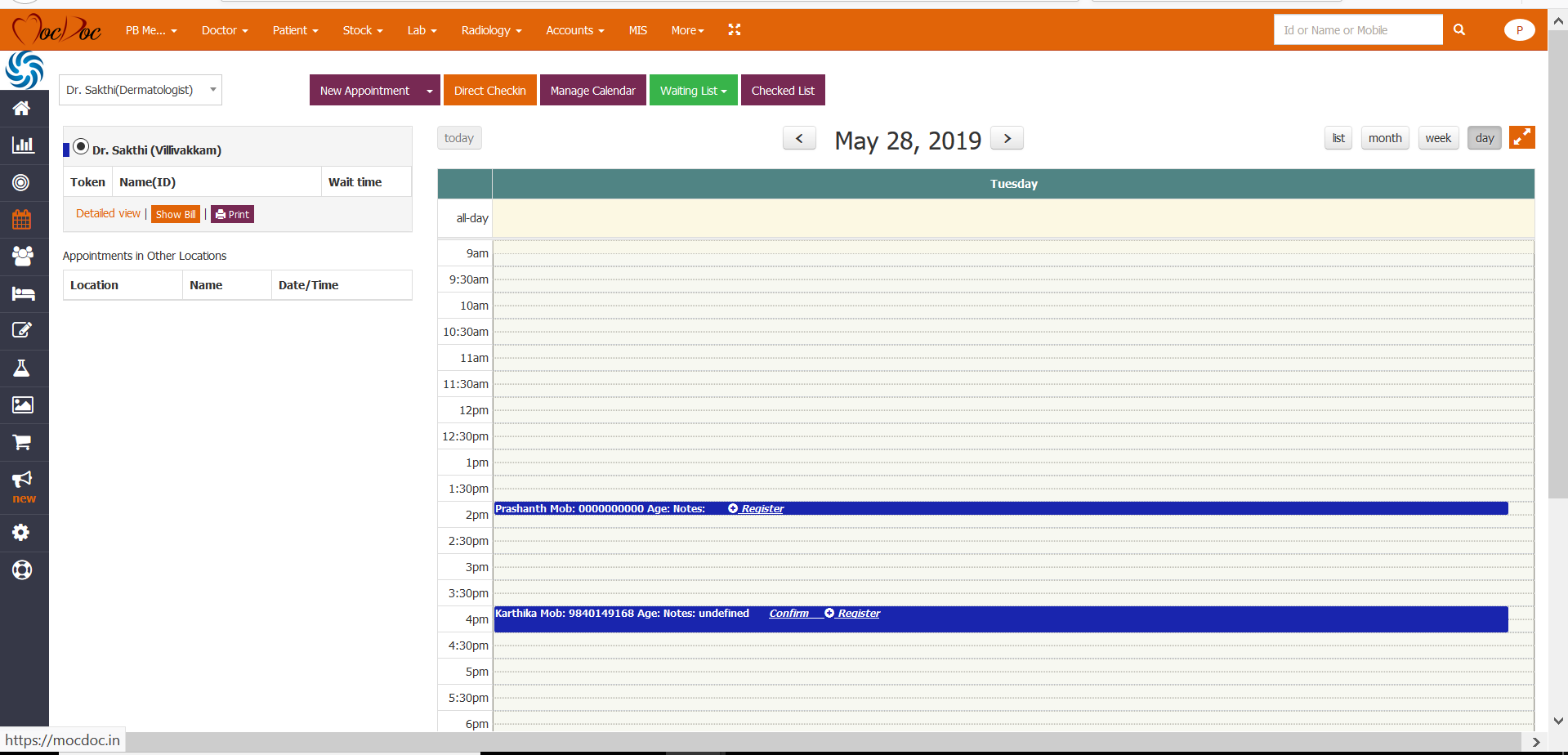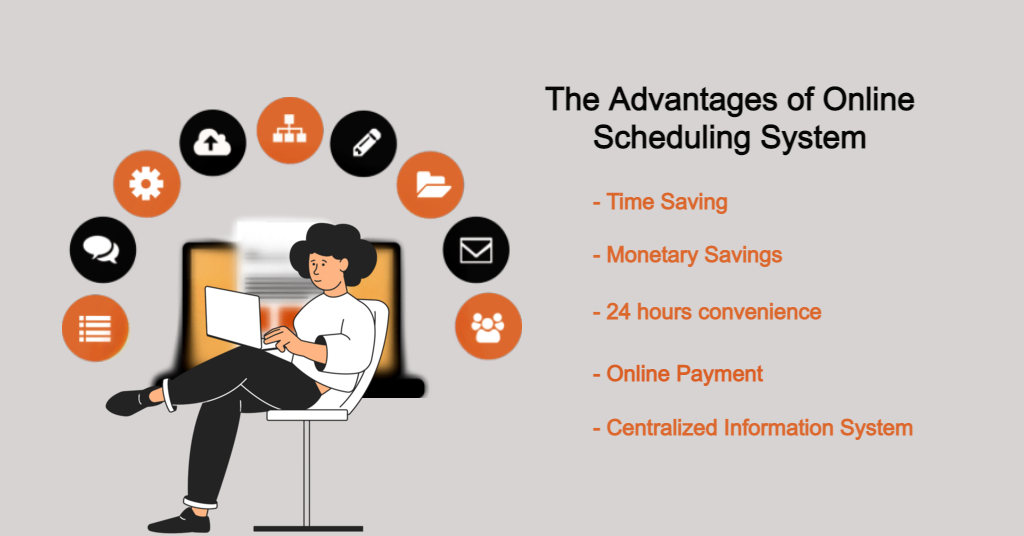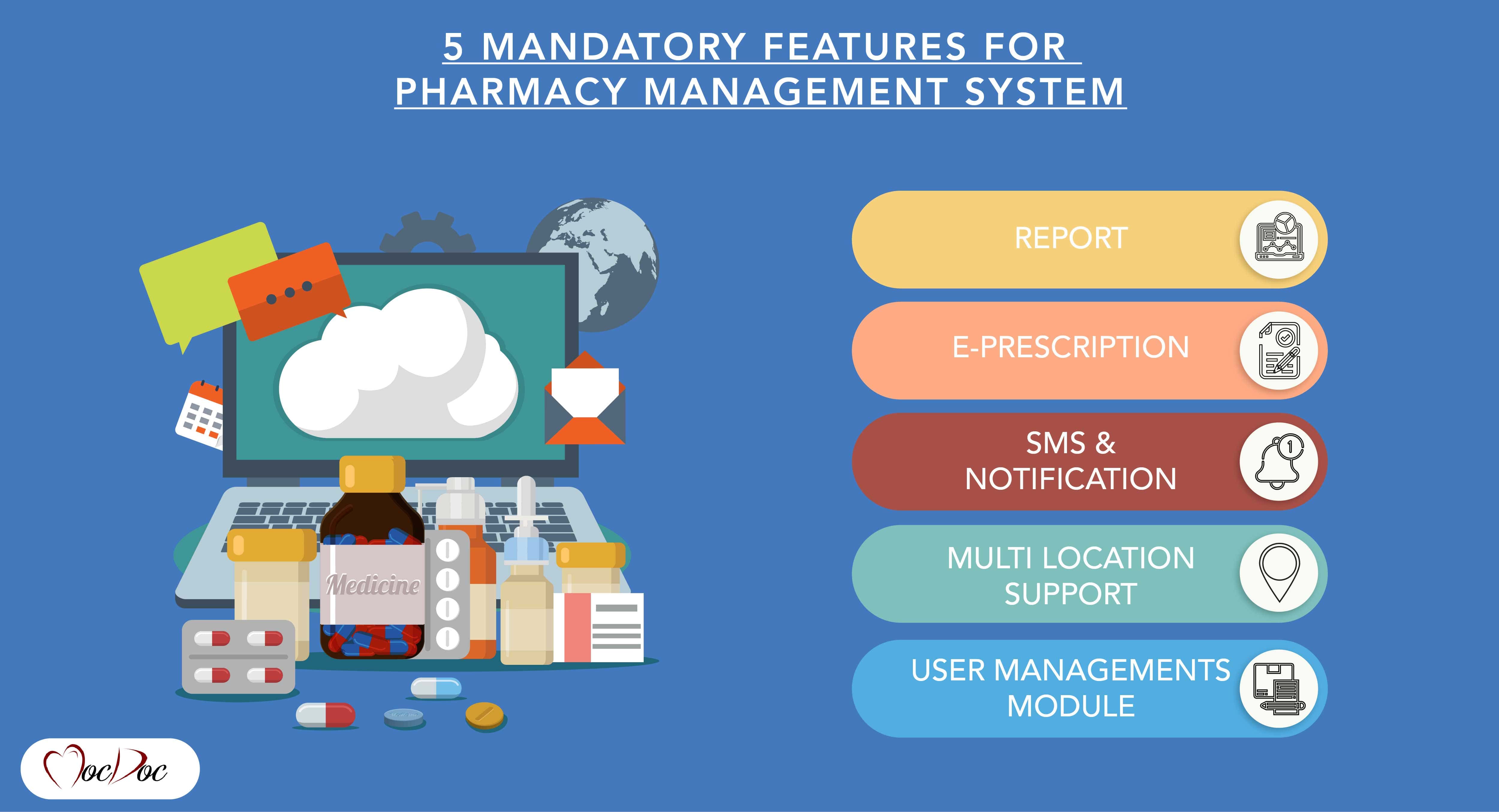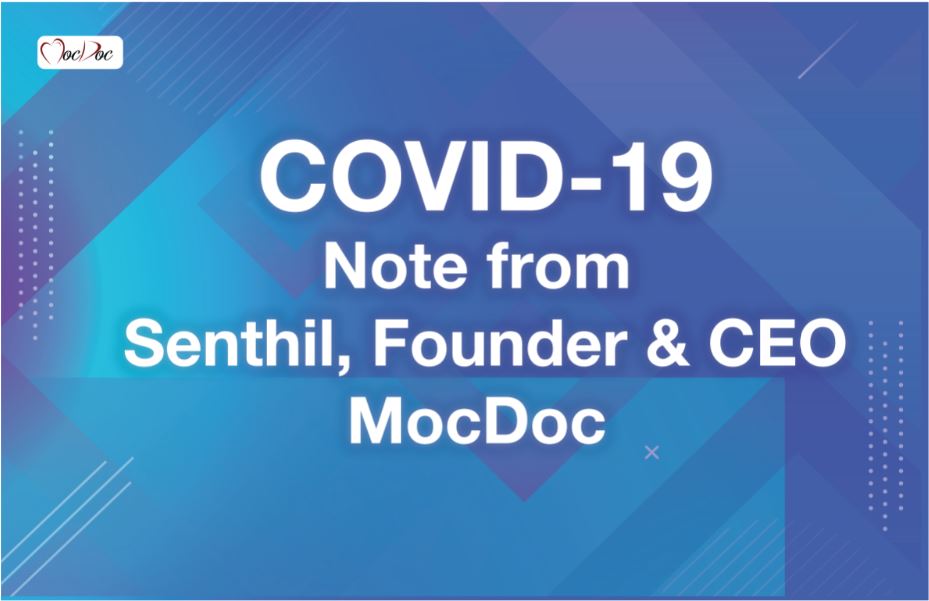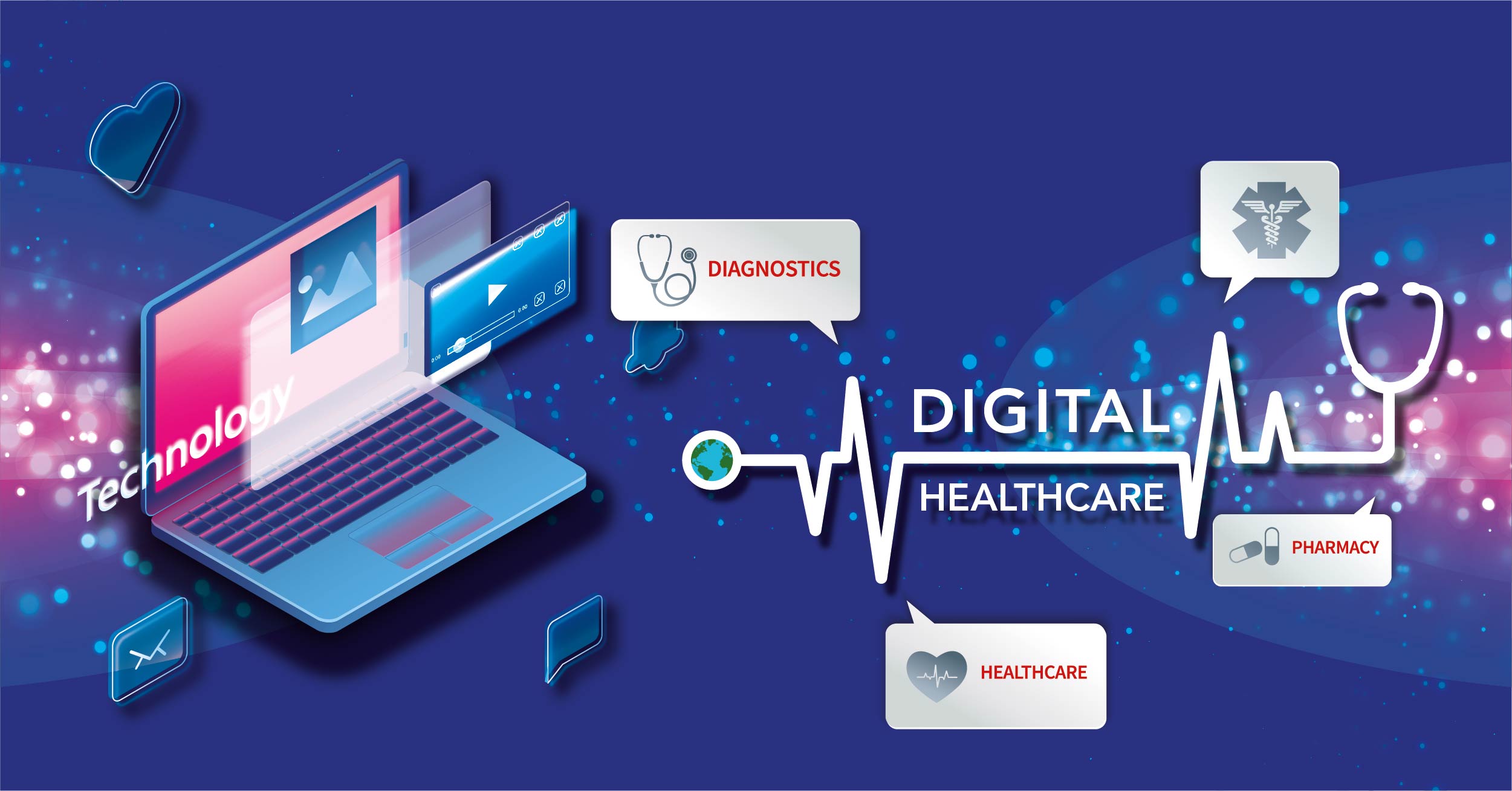MocDoc's Offerings
Healthcare solutions: An investment for your workflow
Published By
Rithika S
2021072609:47:01
Category Healthcare
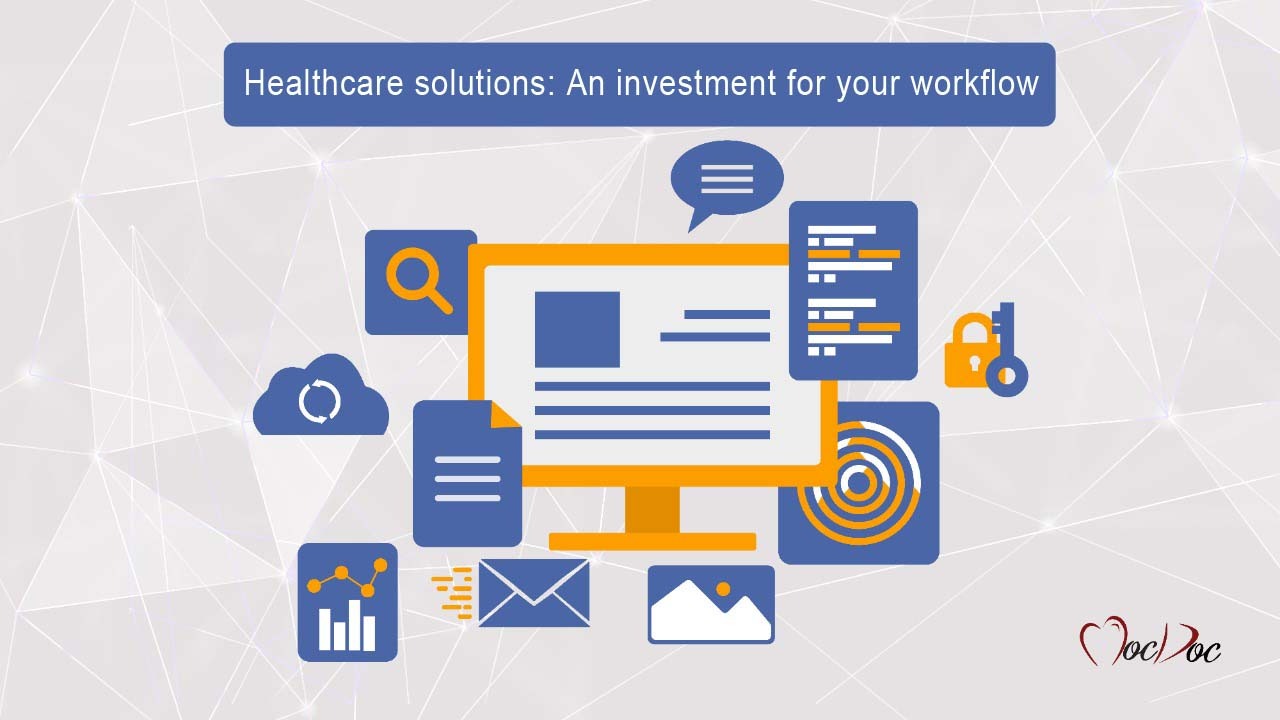

How could healthcare solutions be investments? Well, investments are about profitable returns but in any form. Along with automating the workflow patterns, healthcare solutions also connect you with your patients effectively, for instance, sending healthcare tips or sending appointment reminders via email and SMS, benefitting not only the organization but also patients. They have made work easier to handle all along the workflow, increasing productivity and patient satisfaction.
Here's how healthcare solutions benefit the end-users...
Healthcare Solutions for the front desk:
From tele-appointment to billing, the front desk is the busiest area, with piles of work accumulating every minute. Here is how healthcare solutions have made it possible for them to break down tasks and work more efficiently.
Appointment management:
Create patient IDs and schedule appointments in a snap with automated steps. With appointment calendars designed for the front desk, stay posted with all the appointments falling for the day or week later and send patients automated messages on their upcoming appointments.
Billing Management:
Let your patients do some billing. With latest healthcare software allows your patients to pay you online via patient apps, where they can view treatment summaries, and insurance plans or book video consultation appointments and make payments.
Healthcare Solutions for Doctors:
Doctors are the principal end-users of healthcare solutions. These solutions keep doctors from doing those repetitive, tedious tasks with their automated functions, eventually reducing stress for them.
Patient charts:
Wouldn't it be such a time saver to be served all the information you need right at your desk? Have all the patient information you need like, history, allergies, past surgeries, treatment, medication, etc., on a snap.
Cross communication:
Share patients' electronic health records with patients themselves or other departments right from your desk! With all the medicines updated in these systems, select the medicines and send e-prescriptions to your patients and pharmacy. Go paperless, and reduce manual work.
Healthcare Solutions for Frontline Workers:
Taking care of so many things at once, it's a tough job that nurses do! Here's how healthcare solutions help nurses balance their work and be a perfectionist.
OT and post OT scenarios:
From arranging everything required in OT to timely checkups and providing prescribed medications post-OT, nurses take extensive care of the patients. With access to patient healthcare records, nurses can be prepared with the procedures and every individual patient's requirements for the day.
User Interface:
Healthcare software has an easy-to-understand user interface allowing nurses to complete tasks right from one place. Along with accessing patient health records, nurses can send e-prescriptions to the pharmacy, access patient test records from laboratories for procedures, and update the amount of inventory available.
Healthcare Solutions for Owners:
Owners ensure the smooth and progressive running of the organization. They are more concerned about the quality of experience, costs, and revenue. Now, how are healthcare solutions an investment for them?
Cost and Revenue:
Most healthcare software has real-time analytical dashboards showing weekly, monthly, half-yearly, or even yearly performance and revenue of the organizations in a snap of the fingers. These features help in quick decision-making and dissolve the need for a special team to combine data.
Efficiency:
By implementing healthcare software, considerable parts of the workflow get automated, reducing stress in work, chances of manual error, and patient turnaround time. With lesser weight, employees tend to work seamlessly faster, and clearer, and attend to patients better.
With the increase in data in the healthcare industry, it's easy for organizations to get chaotic if data is not arranged, secured, and handled properly. Healthcare solutions do not just benefit one division of the hospital/clinic but all the divisions and make data management easy. The various advanced features and modules make sure all the activities are seamlessly carried out, making work easier and less stressful, check out how you can successfully implement a healthcare solution to your organisation!
Related Articles
Benefits of an Online Appointm...
Exploring The Benefits of Online Appointment Syste..... Read more
5 mandatory features for a pha...
The Pharmacy Management system otherwise referred ..... Read more
A note from our CEO, Senthil K...
COVID-19 Update:Message to our MocDoc Commun..... Read more
7 Reasons Your Company Should ...
As new technologies and innovations arise, technol..... Read more
